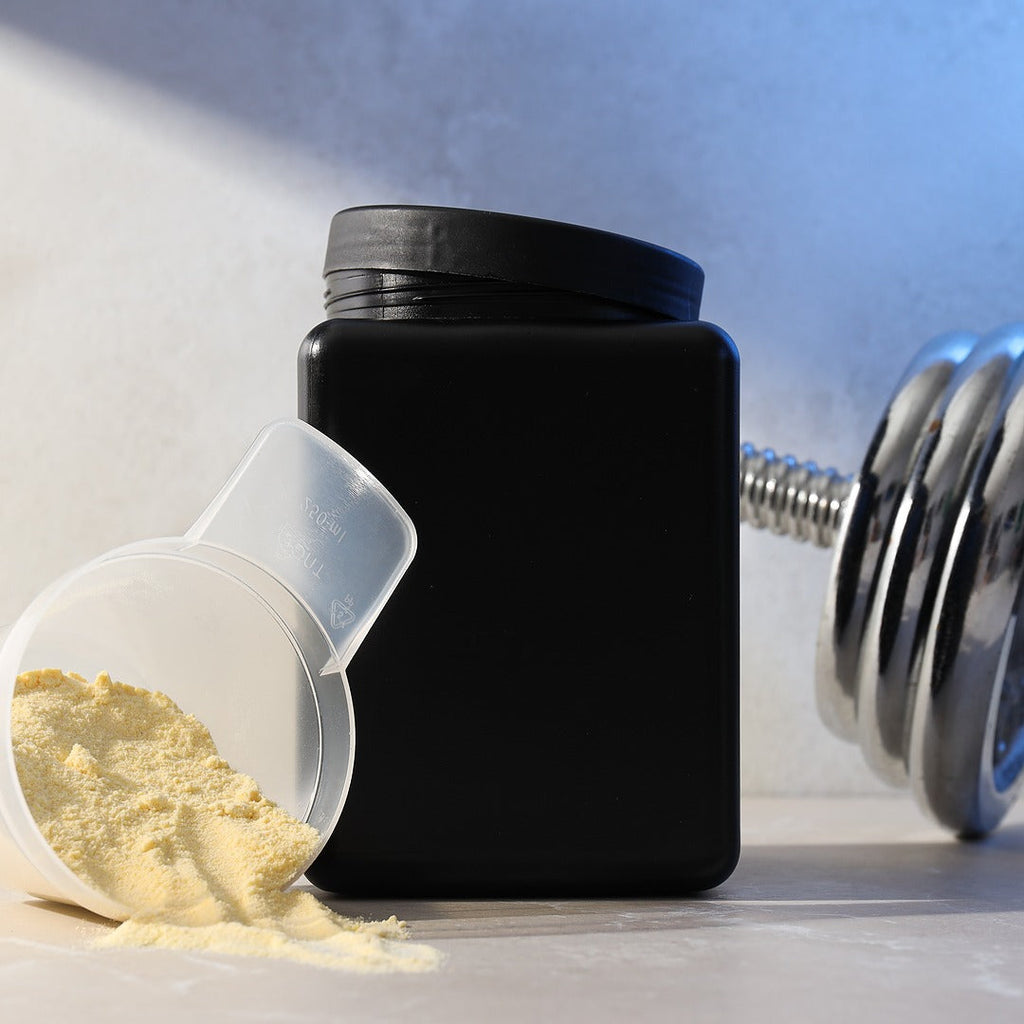
Will Creatine Make Me Gain Weight
Creatine has long been one of the most widely researched and trusted supplements in the sports nutrition world. It’s praised for improving strength, boosting training performance, and supporting muscle growth. But among athletes and casual gym-goers alike, a common question arises—will creatine make me gain weight?
The short answer: yes, creatine can cause weight gain, but the reason why is important to understand. The extra pounds aren’t necessarily fat gain—most of it comes from increased water content in muscles and, over time, actual muscle mass development. Knowing what kind of weight you might gain from creatine and why it happens can help you decide whether it’s right for your fitness goals. If you’re considering starting creatine supplementation, check our Wellness Collection for premium options.

Understanding Creatine and Its Role
Creatine is a naturally occurring compound produced in the body and stored in skeletal muscles as phosphocreatine. It helps regenerate ATP, the primary energy currency your muscles use during short bursts of high-intensity exercise. By increasing phosphocreatine stores, creatine allows you to train harder, recover faster, and potentially build more muscle over time.
When people ask will creatine make me gain weight, they’re often concerned about whether that gain is beneficial muscle or unwanted fat. The answer depends on how creatine affects your body’s water balance, training capacity, and long-term muscle growth.

Why Creatine Causes Weight Gain
The primary reason creatine increases body weight is water retention inside the muscles—a process called intracellular water retention. When you start supplementing, creatine draws water into muscle cells to support increased ATP production and muscle function. Studies, including those published in the Journal of Strength and Conditioning Research, have shown that users can gain between 2–5 pounds of water weight in the first week of creatine supplementation. This is especially true if you follow a “loading phase” (20 grams per day for 5–7 days) before switching to a maintenance dose.
Water Weight vs. Fat Gain
The weight gained from creatine is not the same as fat gain. Water stored inside muscle cells contributes to muscle fullness, making muscles look bigger and more defined. Unlike subcutaneous water retention (which occurs under the skin and can make you look bloated), intracellular water retention enhances muscle appearance.
Muscle Growth Over Time
Over weeks and months, creatine may contribute to actual muscle tissue gain. By improving your ability to complete more reps and sets, creatine indirectly supports muscle hypertrophy. This means that when people ask will creatine make me gain weight, part of the answer is yes—because you’ll likely gain lean muscle if you train consistently.
The Loading Phase Effect
Rapid weight gain often happens during the loading phase due to the quick increase in stored creatine and water in muscle cells. If you’re worried about sudden scale changes, you can skip the loading phase and go straight to a daily maintenance dose of 3–5 grams. This results in slower, more gradual increases in muscle creatine levels and less noticeable early weight gain.

Who Might Be More Sensitive to Creatine-Related Weight Gain?
Certain individuals may notice more pronounced weight gain from creatine supplementation, including those with smaller starting muscle mass, athletes in weight-class sports where even small changes in body weight can impact competition categories, and people prone to water retention—though creatine-related water retention is typically muscle-based.
Preventing Unwanted Water Weight
If your primary concern is avoiding excess water weight while still enjoying creatine’s benefits, consider using a lower daily dose of 3–5 grams without a loading phase, staying hydrated to regulate water retention, choosing micronized creatine for better absorption, and avoiding high-sodium diets while starting creatine.
Does Creatine Weight Gain Go Away?
When creatine supplementation stops, water levels in muscles gradually return to baseline over the course of 1–2 weeks. If you discontinue use, any water weight gained from creatine will dissipate, though any muscle mass gained through training will remain—assuming you maintain your exercise routine.
Creatine and Athletic Performance
Beyond the conversation of will creatine make me gain weight, the benefits for performance are significant. Creatine has been shown to improve short-burst power and sprint performance, enhance muscle recovery between sets, and support greater overall training volume. For athletes in non-weight-restricted sports, the water retention side effect is often considered a worthwhile trade-off for these performance benefits. Authoritative resources like Mayo Clinic’s creatine supplement overview provide further confirmation of its safety and effectiveness.

Addressing Common Myths
Myth: Creatine weight gain means fat gain.
Fact: The majority of the weight comes from water inside muscle cells and, over time, increased muscle tissue.
Myth: Creatine will make you bloated.
Fact: Intracellular water retention actually makes muscles look fuller, not puffy or bloated.
Myth: Stopping creatine causes muscle loss.
Fact: Muscle mass gained through training remains, though some water weight will be lost.

Conclusion: Will Creatine Make Me Gain Weight
So, will creatine make me gain weight? Yes, but primarily due to beneficial increases in muscle water content and eventual muscle growth—not fat gain. The initial weight gain is usually a few pounds of water inside your muscles, which can improve fullness and performance. Over time, with proper training, creatine can help you build more lean mass, which adds to your total body weight in a positive way. If you want to experience creatine’s benefits while managing your weight goals, start with a moderate daily dose, stay hydrated, and choose a quality product from our Wellness Collection.

